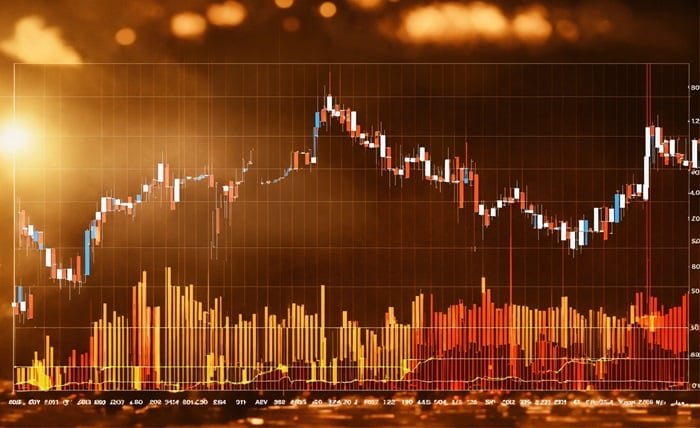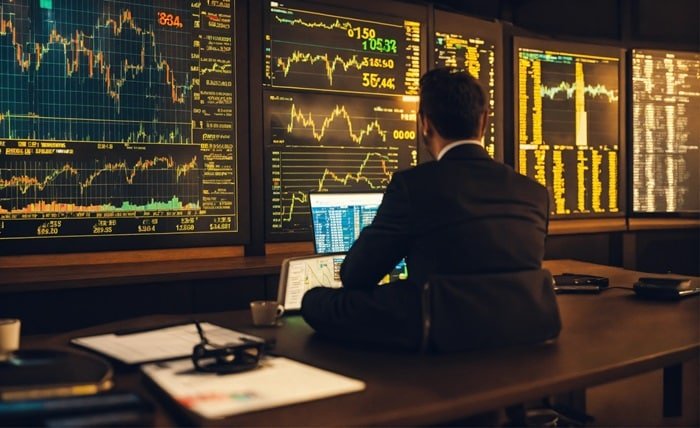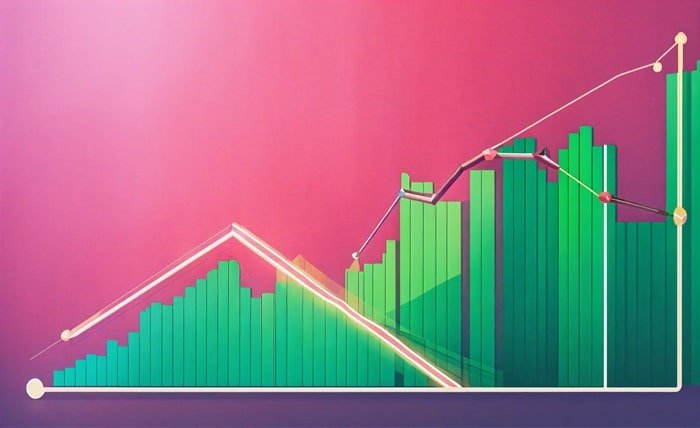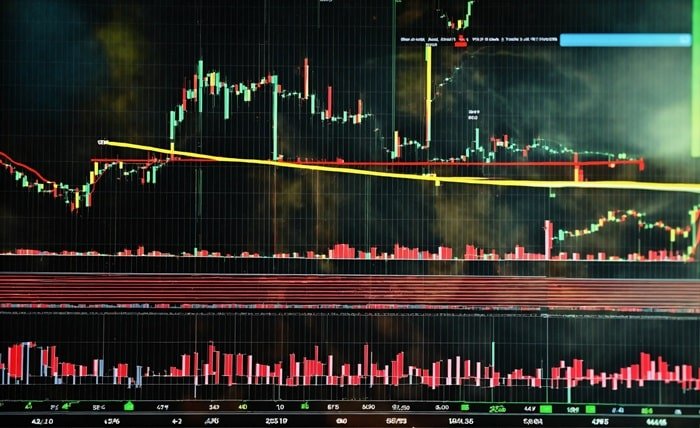Introduction to Forex
The term foreign exchange, or forex, refers to the international marketplace where currencies are exchanged. With trillions of dollars changing hands every day, it is the world’s biggest and most liquid financial market. What is forex? In contrast to stocks, which are exchanged on exchanges, forex trading occurs in an over-the-counter (OTC) market directly between two parties.
The Foundations of Foreign Exchange Trading
What is forex? Buying one currency and selling another, usually in pairs, is the basis of forex trading. For instance, you would purchase the euro and sell the US dollar if you were trading the EUR/USD pair. Interest rates, economic indicators, and geopolitical developments are just a few of the factors that affect a currency pair’s value.
Important Market Participants in Forex
A wide range of entities, including corporations, individual traders, commercial banks, financial institutions, and central banks, participate in the FX market. Because they have the power to affect currency prices through monetary policy and currency intervention, central banks are crucial players in the foreign exchange market.
Examining the Foreign Exchange Market
Technical analysis and fundamental analysis are the two primary methods used to analyze the currency market. Examining economic data, governmental regulations, and other variables that may have an impact on currency prices are all part of fundamental analysis. In contrast, technical analysis employs patterns seen in trade volumes and price charts to forecast future moves.
The benefits and risks of trading forex
Although forex trading has a high level of risk, it may also be quite profitable. Forex offers enormous leverage, which can result in both significant profits and losses. To safeguard their capital, traders must employ risk management techniques and possess a thorough understanding of the market.
Techniques for Profitable Forex Trading
A carefully considered strategy is necessary for successful forex trading. This could entail establishing precise objectives, selecting the appropriate currency pairs, keeping up with market developments, and utilizing efficient risk management strategies. To aid in their decision-making, a lot of traders also make use of forex trading platforms and tools.
Conclusion
For those who are ready to study and work through its difficulties, forex trading presents great potential. It makes sense that forex is drawing more and more traders given its enormous liquidity, round-the-clock trading, and huge profit potential. Gaining success in this dynamic market requires mastery of the principles of foreign exchange trading, regardless of trading experience.
FAQs:
- Is forex trading risky?
- Discuss the risks associated with forex trading, including market volatility, leverage, and the potential for losses exceeding initial investments.
- How much money do I need to start forex trading?
- Guide the minimum capital required to start forex trading and how traders can manage their investment funds effectively.
- What are the best times to trade forex?
- Explain the concept of trading sessions in the forex market and discuss the most active trading hours for different currency pairs.
- Can I trade forex without a broker?
- Clarify the role of forex brokers in facilitating trades and executing orders, emphasizing the importance of choosing a reputable and regulated broker.
- Is forex trading suitable for beginners?
- Offer advice for beginners interested in forex trading, including resources for learning, practicing with demo accounts, and gradually building trading skills and experience.




